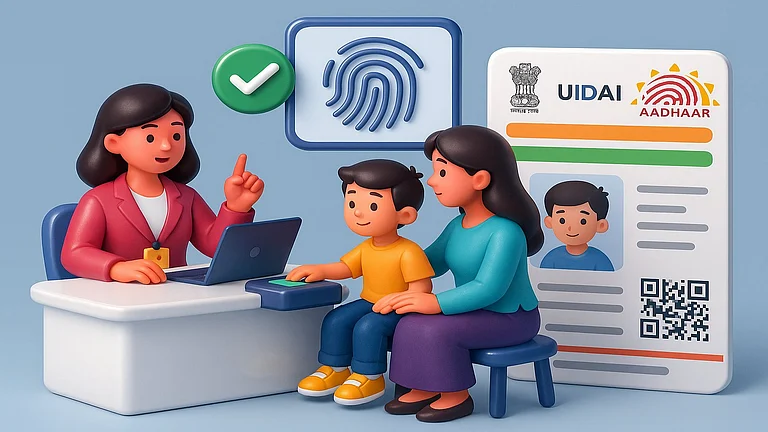The satisfaction of building a lifetime asset for oneself comes with an obligation in the form of a mortgage. You put off saving money for years to buy the home of your dreams. You can realize this desire with the aid of a mortgage. Nevertheless, regardless of their financial situation, every person who takes out a home loan wants to pay it off to get the home in their name and be free of debt.
To enable this, the Reserve Bank of India has waived all prepayment fees for any number of prepayments made by borrowers during the loan tenure, thereby assisting Indians in repaying their debts as quickly as feasible. Some people keep their loan open for the whole term they were given and allow it to mature naturally. To have hassle-free ownership and future ease of transfer in either of the scenarios—pre-closure or natural closure—you need to take care of a few crucial elements.
No-Objection Or No-Dues Certificate Or Proof Of Loan Closing
“Home loan is a responsibility, and every liability has evidence of settlement. This documentation is sometimes referred to as a no-objection or no-dues certificate. On its letterhead, the financial institution or bank that lent you the money issues a paper saying that your loan is closed and that you are no longer liable. Once the lender has given you the certificate, they can no longer collect monthly payments (EMIs) from you. They have no legal claim to your property either,” says Vishal Raheja, managing director (MD), InvestoXpert.com, a real estate consultancy firm.
Original Documents Of The Mortgaged Property
When you requested the loan, it may have been backed by the property you provided, for which you may have given the lender the original documents for their safekeeping. The lender would have given you a list of documents (LOD). Take this LOD with you when you visit the lender to finish the closing procedures and compare the documents to this list.
You need not be concerned if you cannot find your LOD or if you never obtained a LOD from the lender. When returning your documents, the lender will share the LOD with you and match each physical document to it. On one set of LOD, they will ask you to sign an acknowledgment sheet as proof that they have given you all the necessary paperwork.
Unused PDCs For Security
Along with the ECS/ACH for regular repayment, the lender must have also requested updated security checks from you when the loan was disbursed. The lender utilizes these checks if the borrower fails to make any monthly payments as agreed. Your lender would still retain your checks if you never fell behind on your repayments. To prevent any further misuse, don't forget to collect and destroy these checks.
Updates To Credit Bureau Records
The four different credit bureaus in the nation track your whole loan history, from disbursement to closure. Within 30 days after the loan's completion, make sure the lender updates the information.
Check all four of your credit reports, including CIBIL, CRIF, Experian, and Equifax, within 30-45 days after the loan's closing. You can submit a request to the bureaus if the records are not current, and they will get in touch with the lender to amend the records. Follow up until the bureau confirms that the issue has been resolved.
Acquire A Current Non-Encumbrance Certificate
A legal document known as an "encumbrance certificate" has thorough details of all your financial activities involving the real estate pledged as collateral for a mortgage. This is accessible through the neighborhood sub-registrar office.
“This certificate must reflect the complete repayment when you close the loan. Obtaining this document is useful if you ever want to sell the property because it provides evidence that it is free of all financial and legal debts. This document is significant in some regions of the nation but is not essential in others,” adds Raheja.
Track Your Repayments
Get a repayment history from the lender, and make sure all of your large payments are included. Make an effort to save a copy of the bank statements from which the reimbursement is made. In the event of a disagreement with the lender, a governmental agency, or a credit bureau, this could be useful.
Legal Verification From Your Attorney
Obtaining a legal clearance certificate from a reputable attorney is not terrible. Even though it's not required, it might come in handy if you ever decide to sell your house.














